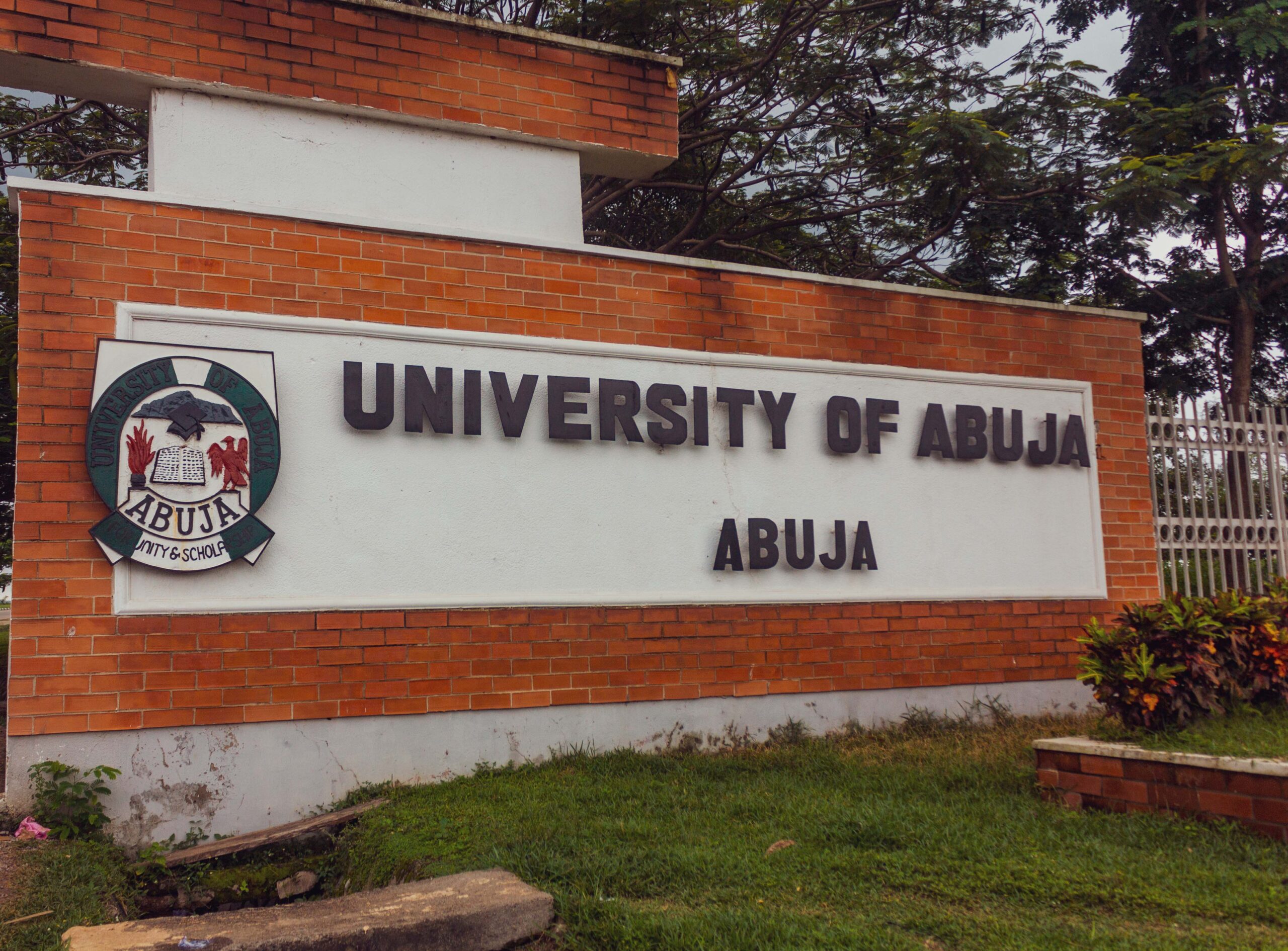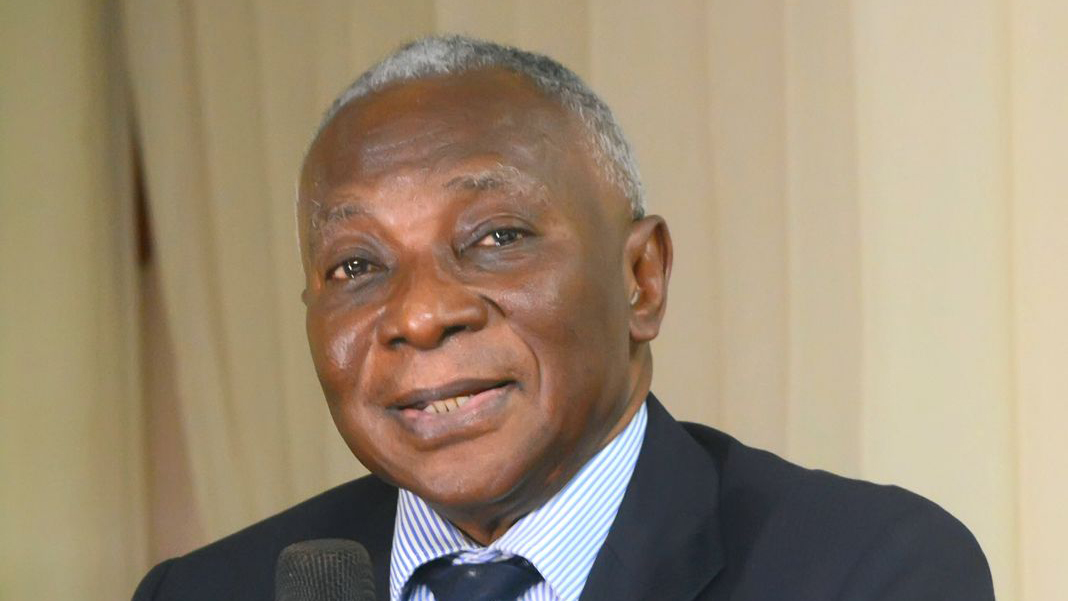
I would like to kill two birds with only one stone today. In the last two weeks I wrote two inconclusive pieces on “federal universities without national character” and “Why Uni-Abuja needs more than firing VC”. And so I would like to round off the two related pieces without equivocations on the challenges since the Visitor to the federal universities has decisively intervened, especially through the one I have tagged our “federation university” (University of Abuja). I claimed here then that the University of Abuja is too important to be left to provincial irredentists who threatened to diminish its stature and status as a federal and federation university. That is why I haven’t been referring to it as Yakubu Gowon University as it has been renamed. This isn’t an Inside-Stuff’s disrespectful attitude to the amiable General, Yakubu Gowon, generally believed to be one of the last, (some say the last) of the authentic ones.
Let’s get quickly to the brass tacks: There are some strategic lessons the federal government should learn from recent developments. First, there has been a great deal of carelessness on the part of regulators and quality-control arms of the federal ministry of education. What is more, from comments and lamentation of insiders, the so-called university autonomy has been remarkably abused by Governing Councils and Managements of the public universities. ASUU leaders and members at the receiving end have grown weary even as some of the union leaders have resigned to fate.
And here is the thing, the authorities, indeed the Visitors to the public universities should note this: they need to nip in the bud the reproach of emerging ethnic crisis in Nigerian universities. Reason? As it has been written several times, universities by their evolution, philosophy, essence and character, are universal institutions established to provide solutions to problems that confront humanity. And so the brightest and the best in learning and character are always called upon top run such citadels of learning where primordial sentiments such as ethnicity and religion should not rear their ugly heads.
It is therefore unfortunate that ethnicity, a fault line that has been a threat to our national cohesion has become manifest in Nigerian universities. Specifically, this enemy called ethnicity is being unethically weaponised on appointments and even on influencing election outcomes into elective positions in the ivory towers. This is sad. The implication has been that merit is sacrificed on the altar of mediocrity and ethnic antagonism is being heightened. What is worse, as competency and meritocracy take the back seat, competent candidates from ethnic minorities hardly assume positions of leadership in today’s universities.
So, instead of being a place to use the best brains for our national development, our tertiary institutions are becoming battlegrounds for ethnic jingoism, to the extent that the Academic Staff Union of Universities (ASUU) had to warn against the monster of ethic crisis in Nigerian universities. This is another sad commentary on the state of higher education in the country.
Without prejudice to a few cases, where an insignificant number of exposed scholars are fighting ethnicity; positions, disciplinary actions and activities in Nigerian universities are often ‘shaped’ too by audacity of ethnicity. As such, in October 2019. ASUU’s warning and this reminder should not be discounted; rather it should be taken seriously to form a compass for policies on university governance – to avoid enthroning mediocrity in our universities.
Let’s therefore not get it twisted, the autonomy, which shouldn’t prevent quality control and regulation has gone haywire and the duty bearers, indeed the Visitors to the public universities appear to have failed the nation in the choice of Chairmen/Pro-chancellors and members of the Governing Councils who have been responsible for choice of most times anyhow Vice Chancellors who have no chests. For instance, let’s look at the troubled University of Abuja in the last five years. Who nominated the last Chairman of the Governing Council/Pro Chancellor who allegedly lowered standard for the immediate past Vice Chancellor to come in after disqualifying all other qualified candidates of diversity five years ago? What was the colour of diversity in the membership of the immediate past Governing Council before the just dissolved ones? The then Minister of Education assisted the presidency in compiling the list of members of the Governing Council, which assisted the management in interviewing candidates for the Vice Chancellor, the Registrar, and the Bursar. What led to the coincidence that in the last dispensation of leadership and management of the University of Abuja, the Chairman of the Governing Council, the Vice Chancellor, the Registrar and the Bursar all hail from a section of the country and of the same faith. How did the immediate past Vice Chancellor manage the autonomy the law gives him in promoting his stooges? How did the authorities in Abuja allow the same Vice Chancellor who hails from Ilorin Kwara state to appoint about 400 academic staff and about 250 of them hail from Ilorin, capital of his state of origin? How did the same former Vice Chancellor promote, promote the daughter of the then Pro Chancellor with barely two years of professorial experience as Deputy Vice Chancellor over and above other senior professors? How did it happen that the successor to Sani Maikudi (Katsina) AVM Saddiq Ismaila Kaita (rtd) also hail from Katsina? Why didn’t the authorities always look at the status of the University of Abuja, for instance, while constituting members of the Governing Council and Management?
A clear deliverable to the current authorities in Nigeria is that there has been a failure of governance and due diligence in the constituting Governing Council membership. The University of Abuja is just an example of consequences of carelessness and failure of governance on the part of the Federal Ministry of Education in the management of tertiary education.
While reacting to the last week’s article here on the argument that the Visitor to the University of Abuja should go beyond firing a Vice chancellor of a state university sent this to me:
‘…President Tinubu did well by his intervention. But he and his team are also part of the problem to start with, as a fundamental part of the problem of the University of Abuja is the Council. The government needs to stop making the University Council appointments a job for the boys – individuals appointed simply on a political basis and with no character, no knowledge of the university system, and no interest in any developmental agenda. All they want is to come and collect sitting allowances and pressurise the university leadership for all kinds of pecuniary gains even in the face of harsh economic realities.
One of the thoughtless dimensions of the government appointment of the Council Chairman is the appointment of a current staff of another university to come and be the Pro-chancellor of another university as is the case of OAU. It has happened twice in the history of OAU in the last couple of years. So, the Pro-chancellor of OAU would need to take the permission of his own VC (Osun State University) to be away to chair the meeting of the Council of another university where he supercedes the VC of that university.
So, the Government needs to be more serious and deliberate in selecting the Chairman of University Council and, indeed, all other Government representatives on a university Council…Part of the problem of admission is Nigerian big men and big women who would use all connections to push VCs into terribly tight corners and don’t care a hoot about the University’s predicament of limited spaces and inadequate facilities…’
That should conclude the whole matter about how not to constitute membership of the Governing Councils of public universities. The university system is too important to be subjected to the shenanigan and peccadillos of partisan politicians.
In a piece titled, “Where is Tinubu’s Government of National Competence” here on Sunday June 9, 2024, I recalled that while still basking in the glory of realising a lifetime ambition in March 2023 as president-elect, Asiwaju Bola Ahmed Tinubu had then assured Nigerians that his administration would not only be a government of national unity but also of national competence.
Let’s recall that specifically, there was a statement to that effect on March 16, 2023. In that remarkable message, there was a glimmer of “hope of a better tomorrow” Ngugi says, “is the only comfort you can give to a weeping child”. As I was saying here, in what looks like Buhari’s “I-Belong-to-no-body” famous speech on inauguration day on May 29, 2015, the president-elect then promised to assemble competent men and women and young people from across the country to build a safer, more prosperous and just Nigeria. The statement titled: “Nigeria: At the cusp of renewed hope” unveiled what Nigerians should expect under his watch. Enunciating his commitment to an economy of double-digit GDP growth, greater food security and a strengthened manufacturing base, the President-elect said his administration would pursue an active digital economy where young people would have ample space to fulfill their dreams and aspirations. With the elections over, he stressed the need to shun partisanship and join hands with him to build the Nigeria of our dream. While assuring the people of his readiness to serve, the former Lagos Governor said, ‘I have set my course and mind on the leadership of this nation. We have important work to do and I am committed to getting that work done for the benefit of all the people, whether or not they voted for me or even voted at all. This is not the time for continued acrimony and partisan recrimination. These negative things can incite strong passions, but they are not the pathway to a better nation. Only unity and national commitment can serve that purpose…’
This isn’t a time to put the fine speech of the president-elect then to test. It is just a time to remind him as President that for him to fulfill that promise of running a government of not just of national unity but also a national competence, he has to begin the process of promoting meritocracy within the context of federal character. He should take interest in who gets what from now. Only good trees he intentionally plants now can produce good fruits of national competence. What is more, he should not allow his ministers and other president’s men to be imposing mediocrities on institutions including and especially the Universities’ Governing Council. He needs to strengthen and use the human resource and experience in the presidential bureaucracy comprising the office of the Secretary to the Government of the Federation, Head of the Civil Service of the Federation and office of the Chairman of the Federal Civil Service Commission in his choice of men and women for public service and the university system.






